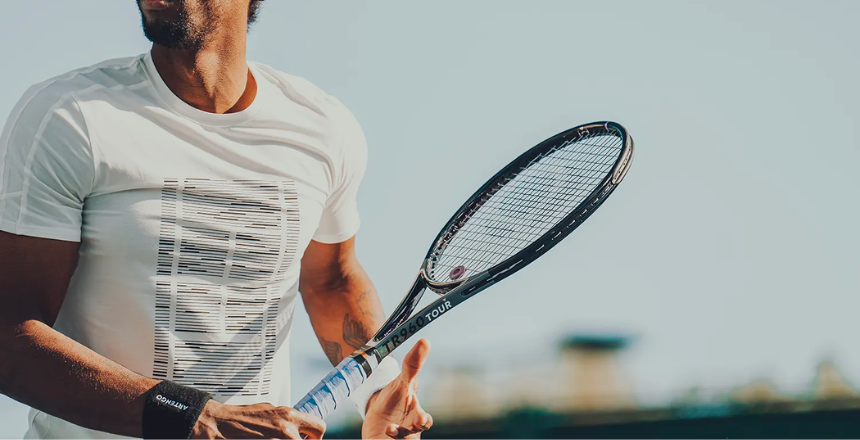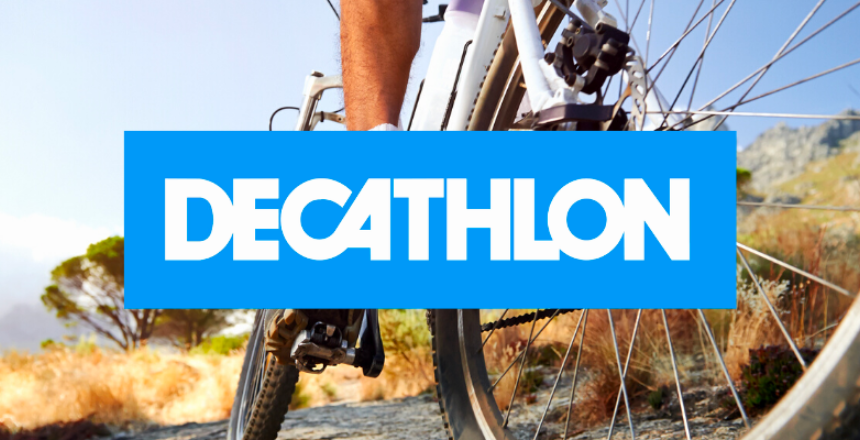About Decathlon
Decathlon, founded in 1976 in Lille, France by Michel Leclercq, has transformed from a local store in a parking lot to a global sports retail giant. Known for its innovative approach and customer-centric philosophy, Decathlon has expanded to over 70 countries with more than 1,600 stores. Strategic acquisitions, like Alltricks and Bergfreunde, have further cemented its position in the market. The recent appointment of Barbara Martin Coppola as CEO signifies a new era of digital and global expansion for Decathlon.
Decathlon Products And Other Sports Brands
Decathlon stands out for its extensive product range. It offers equipment, apparel, and accessories for over 80 sports under more than 20 in-house brands like Quechua, Kalenji, and B’Twin. Moreover, Decathlon also houses popular brands like Nike, Puma, and Adidas, ensuring a diverse selection for every sports enthusiast. From beginners to professionals, Decathlon’s products cater to all skill levels, promoting an active and healthy lifestyle.

Decathlon Shopping Experience
A visit to a Decathlon store is not just shopping; it’s an experience. With basketball hoops and mini football goals, the stores are a playground for sports enthusiasts of all ages. This interactive and immersive environment allows customers to test products in real-time, fostering a deeper connection with the sport and the brand. Decathlon’s store layout is strategically designed to enhance customer engagement and provide a hands-on experience, making sports accessible and fun.
Affordability Guaranteed At Decathlon
Their secret to affordability lies in their vertical integration model. By designing and developing their own products in-house, Decathlon eliminates middlemen costs. This approach, coupled with large-scale production, allows the company to benefit from economies of scale, reducing per-unit costs. Moreover, innovation is key in Decathlon’s strategy. Their investment in research and development leads to efficient production methods, ensuring high-quality products at lower prices. Finally, selling their own brands directly to consumers through their stores and online platforms, cuts additional retail markups, providing customers with quality sports gear at more accessible prices. This smart combination of strategies enables Decathlon to make sports equipment affordable for a wider audience.

Decathlon And Its Corporate Responsibility
Sustainability is at the core of Decathlon’s business model. The company is committed to reducing waste, particularly in packaging, and ensuring fair wages and good working conditions for its employees. Decathlon’s approach to corporate responsibility extends beyond profit, focusing on the well-being of people and the planet. This commitment to sustainability and ethical practices has earned Decathlon a reputation as a responsible and forward-thinking company.
Customer Engagement And Community Involvement
Decathlon excels in customer engagement and community involvement. Their ‘happiness guarantee’ offers easy returns and exchanges, building trust and loyalty among customers. The company regularly seeks customer feedback for continuous improvement. In terms of community engagement, Decathlon is actively involved in sponsorships and events, promoting sports at the grassroots level.
In conclusion, Decathlon’s journey from a humble beginning to a global leader in sports retail is a testament to its innovative approach, customer-centric philosophy, and commitment to sustainability. With a focus on making sports accessible to everyone, Decathlon continues to inspire and empower athletes and sports enthusiasts around the world.
This article, originally authored by Christiaan, was first published in TrustDeals.co.uk on 15 January, DOI: https://www.trustdeals.co.uk/articles/why-to-shop-at-decathlon . It is reprinted here with permission from the publisher and the author(s). Any modifications made to the article since its original publication are noted in the text.





